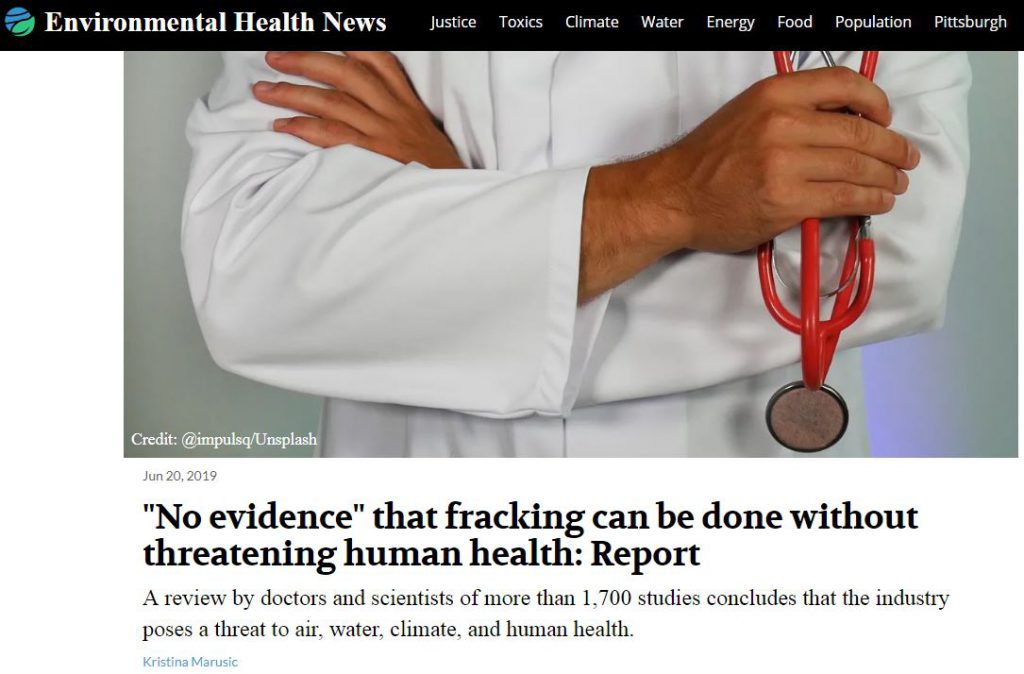Mexico Environment Minister Wants to Prohibit Fracking by Adam D. Williams, December 10, 2019, Natural Gas Intel
Mexico’s Environment Minister, Víctor Toledo, is the latest government official to voice support for President Andrés Manuel López Obrador’s plans to prohibit hydraulic fracturing, or fracking, through at least 2024.
Toledo, speaking at a forum in Mexico City in late November, Toledo said not only does the ministry consider unconventional drilling to be damaging to the environment, but it also backs the enactment of legislation that would completely ban the practice.
“We are going to work that legislation is created to prohibit the practice of fracking,” Toledo said. “There are proposals in each of the three congressional chambers that we are going to support.” For a law to be enacted, “a lot of things have to be modified, but it will be done slowly and deliberately because it will entail a lot of negotiations.”
According to Toledo, bills to prohibit fracking were submitted to three congressional chambers in late 2018 and again in July, although are yet to be discussed. In the event the bills were approved, the law would outlaw fracking and unconventional resource development, he said.
Toledo’s lobbying for a legal fracking ban, while aligned with the views of President López Obrador, differs with the opinion of many in the energy industry who consider unconventional drilling necessary for Mexico to achieve its goal of energy sovereignty. National Hydrocarbons Commission (CNH) Commissioner Alma América Porres said in October she considers unconventional resource development to be “the future of the hydrocarbons industry in Mexico.”
Proponents of unconventional drilling think Mexico would lose opportunities without the ability to use fracking. An estimated 57% of the country’s prospective oil and natural gas reserves are in unconventional plays, according to a CNH study issued in October. The study found that Mexico contains 112.9 billion boe in prospective resources, and 64.2 billion boe of that is in unconventional resources. [How much of that is unrecoverable?]
… The Environment Ministry said it supports López Obrador’s opposition to fracking and encouraged a more harmonious development of hydrocarbons in the country. “The environment ministry is for searching for methods and forms of hydrocarbon development that would allow for the maintenance and recovery of economic, social and environmental balances in the regions and towns of the country,” it said
Hydrocarbon production should be accompanied by “an energy transition that incorporates goals to reduce carbon emissions, the regeneration of habitats and ecosystems, and the understanding that oil isn’t a renewable resource and has a relatively short cycle in terms of development,” the ministry said.
The Mexican Alliance Against Fracking echoed Toledo’s push for legislation to prohibit the practice.
“We haven’t given up on our efforts to ban fracking and we aren’t planning to do so,” said activist Claudia Campero y Aroa de la Fuente of the Mexican Alliance Against Fracking at the forum. “We demand that the government take clear actions to follow-through on the commitment it’s made. It’s urgent that the congress complies with its promise to protect the Mexican people.”
While voices accumulate on both sides of Mexico’s fracking debate, Manuel Rodríguez González, who is oresident of the Energy Committee in the Mexican Chamber of Deputies, told NGI’s Mexico GPI last month that more discussion and public consultations are required prior to making a determination to approve or prohibit unconventional oil and gas development.
“Given that there continues to be so many opposing voices against fracking, we have to do a deep study prior to making a determination,” Rodríguez said. “I am in favor of such a study because it is known that we have oil and natural gas in abundance, particularly in unconventional resources. A proper consultation must be done.”
He said “the technique has evolved over the last 20 years. If fracking follows very strict regulations, unconventional oil and gas can be developed without damage to the environment.” [Impossible. The air pollution alone damanges the environment, even if companies heed regulations and laws, which they rarely do and even if regulators enforce their regulations – which seldom happens. Besides, many hundreds of studies have been published proving the harms, even with “regulations.”]
Refer also to:

Anthony Ingraffea, PhD, Dwight C. Baum Professor of Engineering, Cornell University, said, “In 2008, when New York State first declared a moratorium on fracking, only six peer-reviewed papers on the health and environmental impacts had been published. Now there are more than 400, and the vast majority show a clear and present danger.
What’s more, many problems are unfixable by regulations of any kind. It was a wise governor who said ‘wait’ in 2008. And it is wise to continue to wait.”
